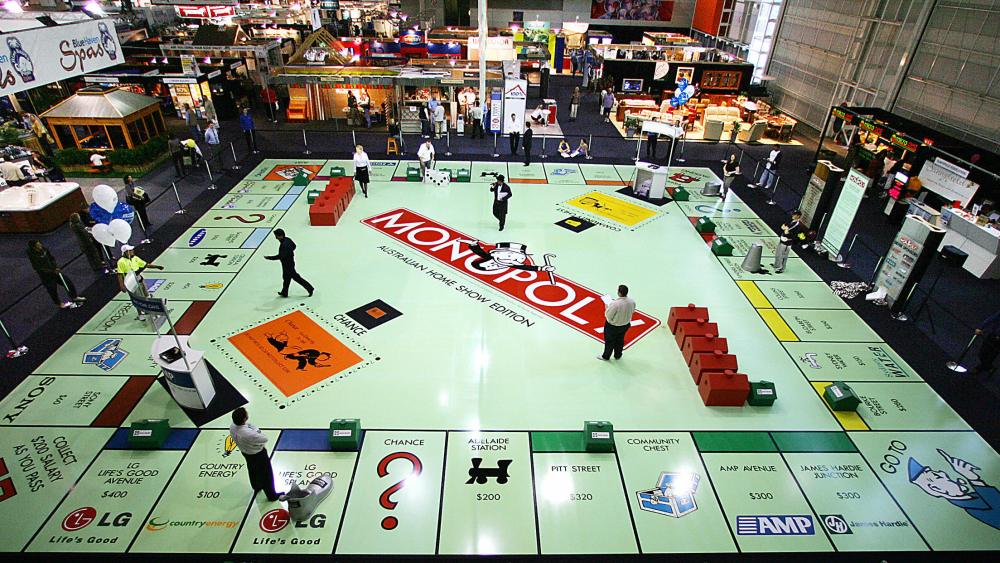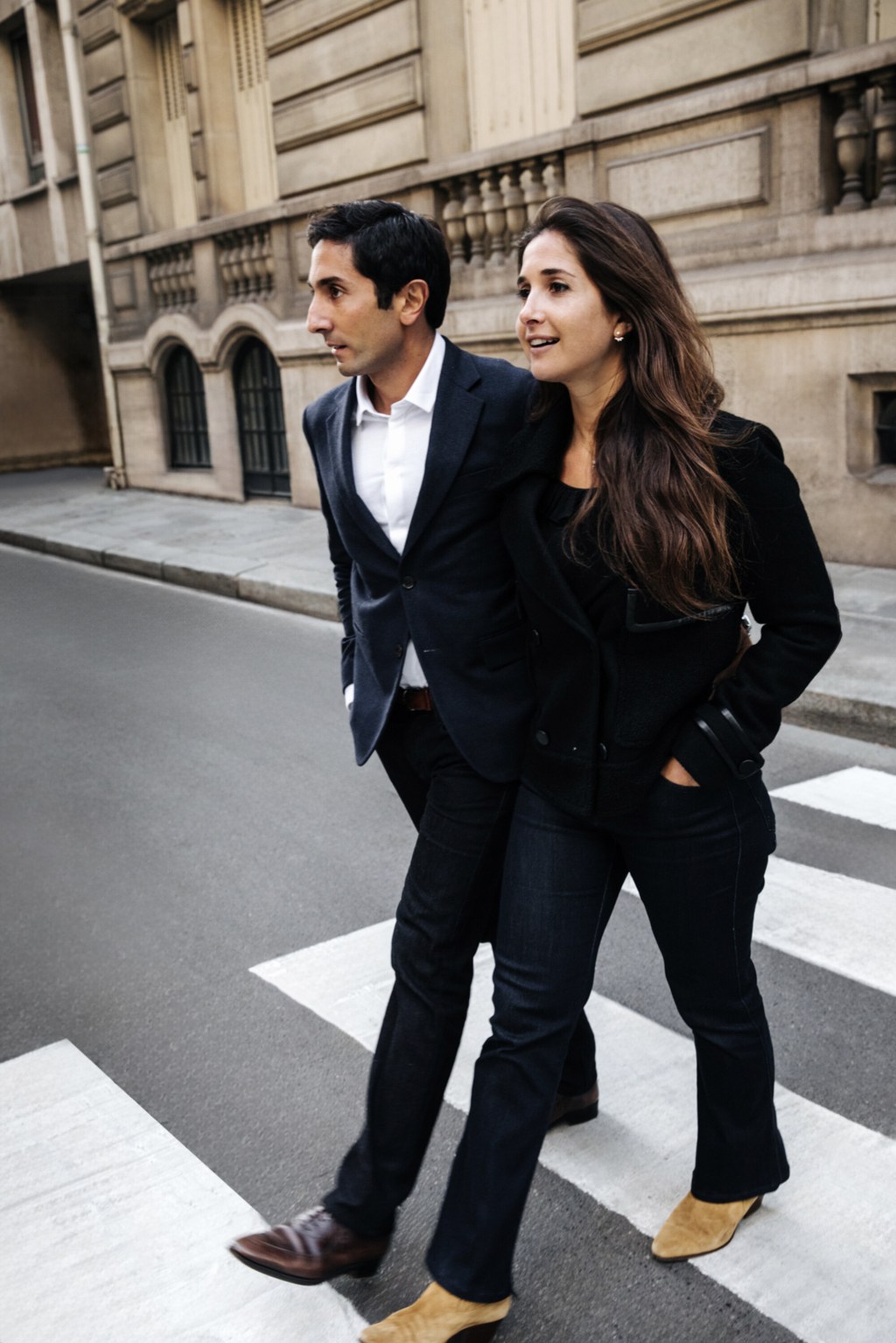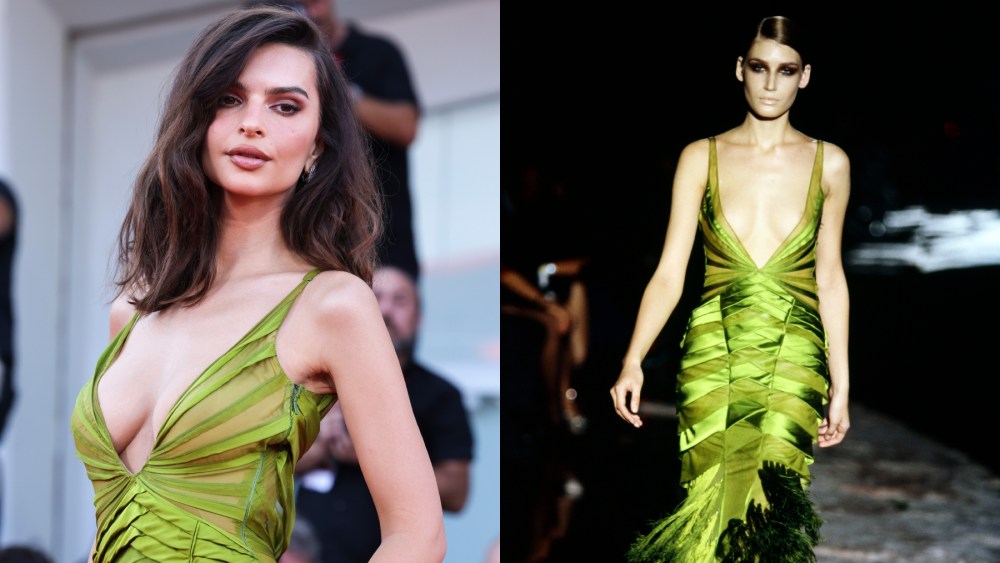Since the courts deemed Google a monopoly earlier this month, the tech sector has been trying to figure out what’s next. But as the huge company hyperventilates over the landmark decision and the possibility of a Ma Bell-type breakup, many of the marketers that feed the tech titan’s online advertising coffers are maintaining a relative calm.
It’s not exactly a shrug — but for many, it’s kind of close.
“Google has such incredible market share across search, even if the ruling, once it gets through the [appeals] courts, comes down, that market share is not going anywhere, anytime fast,” said Calla Murphy, senior vice president of digital strategy and integrated marketing at Belardi Wong, a direct-to-consumer agency that works with premium fashion, home decor and other brands, including AllBirds, Anthropologie, Birkenstock, Crocs, Vera Bradley, Mansur Graviel and others.
“Really, at the end of the day, as long as consumers continue to use Google to search, advertisers will spend there,” she said.
You May Also Like
Murphy doesn’t expect any serious changes in the short or even medium term. But the issue does put a finer point on her longstanding advice to clients that they should develop search engine-specific strategies — and that includes everyone from Bing and ChatGPT to Amazon, TikTok, Pinterest, Snapchat, Reddit and anywhere else people begin their searches these days.
“Google is the bulk to spend in search, but brands need [channel] strategy. It cannot be the exact same Google strategy ported over,” she added. “They need to have a Reddit strategy, etc., and that was pre-ruling.” Such approaches could help inoculate brands, at least somewhat, against whatever turbulence awaits Google.
Tyler Nalbach of SEO Align, a firm that conducts search engine optimization for fashion e-commerce brands, sees no reason to panic right now either.
“Search engines have been massive for fashion e-commerce over the last 10 years, [but] I personally don’t think we’re going to see that change much, even after the antitrust ruling case with Google,” he said.
He pointed out that Google is an extremely well-known brand in its own right, and people will continue using it, even if it’s not the default search engine in Apple’s Safari browser. “There isn’t another search engine that will swoop in and become more relevant than Google because of this,” he continued. “AI search engines are a bigger threat to Google’s long term success than this antitrust ruling.”
This is why the company and others have invested so deeply in artificial intelligence, bringing it into search results and embedding the tech into its ad platform.
The caveat, however, is that Google’s time in court isn’t over yet. In September, it faces another antitrust trial, this time specifically alleging anticompetitive conduct in advertising technology. Apparently those proceedings, which start Sept. 9 in the Eastern District of Virginia, could make for a more seismic event for brands.
“That one will be interesting because it’s hard to say how their advertising platform will be affected,” said Nalbach. “Performance Max [Google’s AI-driven] campaigns have picked up so much with very minimal user work involved, but have been creating amazing ROIs. If those ad types are impacted, it may require fashion brands to rework the way they’re doing their search engine advertising.
“That could change quite a bit for brands, especially if they rely heavily on ads.”
For Google, major upheaval may already be in the works, ranging from the possible end of its Apple contract — which set its search engine as the default in iOS — to newer reports that the Department of Justice is weighing whether to split up the company. Those decisions could span anything from spinning off Android and Chrome into their own businesses to the sale of the AdWords online ad system itself.
For now, however, the impact looks rather minimal to many marketers. But not to all of them.
As it is, Tom Jauncey, chief executive officer and self-described “head nerd” of U.K.-based digital marketing agency Nautilus Marketing, believes the latest ruling will have “huge repercussions” on fashion brands and retailers.
“First and foremost, this might just open up a whole area of competition by breaking Google’s stronghold over online advertising and search visibility,” he said. “In addition, this can then translate to reduced pricing points for ad space, therefore making it more competitive and further availing much better opportunities to the smaller brands.”
But with Google’s next legal battle, “the real action is yet to come,” Jauncey said.
“It is the difference between a general health check and a targeted medical procedure — the ad case is much more specific,” he added. “This could indeed cause significant alterations in how all of us do business, not only within the U.S. but worldwide.
“It’s kind of like what the GDPR [the E.U.’s General Data Protection Regulation] did with rules on data privacy worldwide.”



